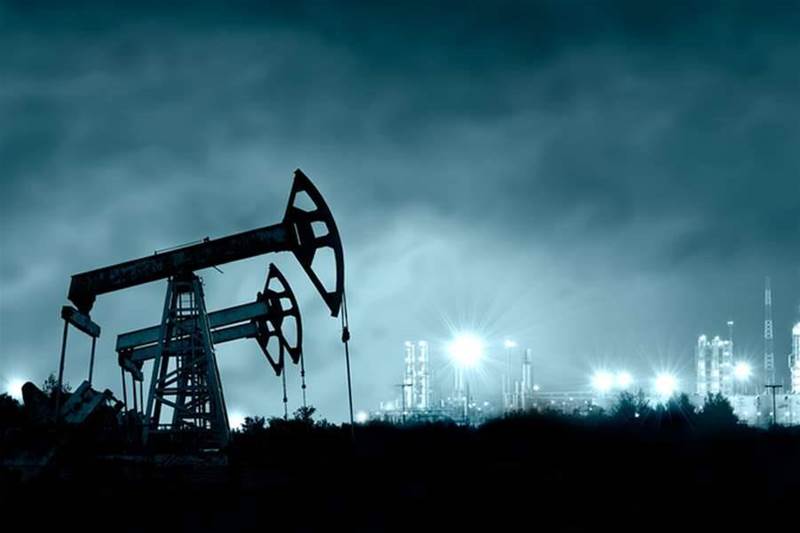Vietnam Petroleum Institute (VPI), under the Vietnam Oil and Gas Group (PetroVietnam) has started using artificial intelligence (AI) and machine learning (ML) algorithms to maximise operations saving drilling time and cost.
According to VPI, the prediction model was tested with drilling data of 12 wells from several fields that have analogous geological structures, resulting in a fracture prediction accuracy of over 80 percent for those wells.
In its report, VPI said the output is displayed on the MLOps platform, “which helps to improve drilling efficiency, particularly to determine accurately the depth ranges where fractures appear, supporting operators to make decisions promptly, saving drilling time and cost”.
It added that the cost savings depend on the specific drilling plan of each operator, and treatment options during the drilling, if any, but according to primary estimates, it could be up to hundreds of thousands of US dollars at prices of equipment and specialised manpower quoted in 2022.
Le Ngoc Anh, data director of VPI said the fractured basement prediction model uses the available data of the Vietnam Oil and Gas industry related to drilling parameters to identify fractured rocks.
The identification of fractured foundation rock by traditional methods required using specialised tools, and halting well drilling, extending the rig rental period, increasing the cost of new wells, Le said.
Hence the identification of the fracture zone accurately helps the drilling operator to recognise the risks and take immediate action, he added.
Le added that parameters like torque, drill load, flow rate, rotor rotational speed, and column and vertical pressure, among others, are used as input data for supervised machine learning algorithms.
Oilgas AI ecosystem
VPI has also built an Oilgas AI ecosystem that collects and analyses in-depth data in the oil and gas sector, with products such as crude oil, petroleum, liquefied petroleum gas, and natural gas.
Built on Microsoft Power Pages it incorporates the latest processing, analysis, connection and management tools, VPI said it is taking measures to optimise the analysis, use and management of data to help firms improve work efficiency.
For every product, Oilgas AI would perform an analysis of market data, price forecasting, supply and demand, infrastructure, and inventory.
This will help users easily find, tap and interact with vivid data through charts, reports, dashboards, and more, Le said.
“The data will be constantly updated, making it easier for users to monitor real-time data,” he added.










